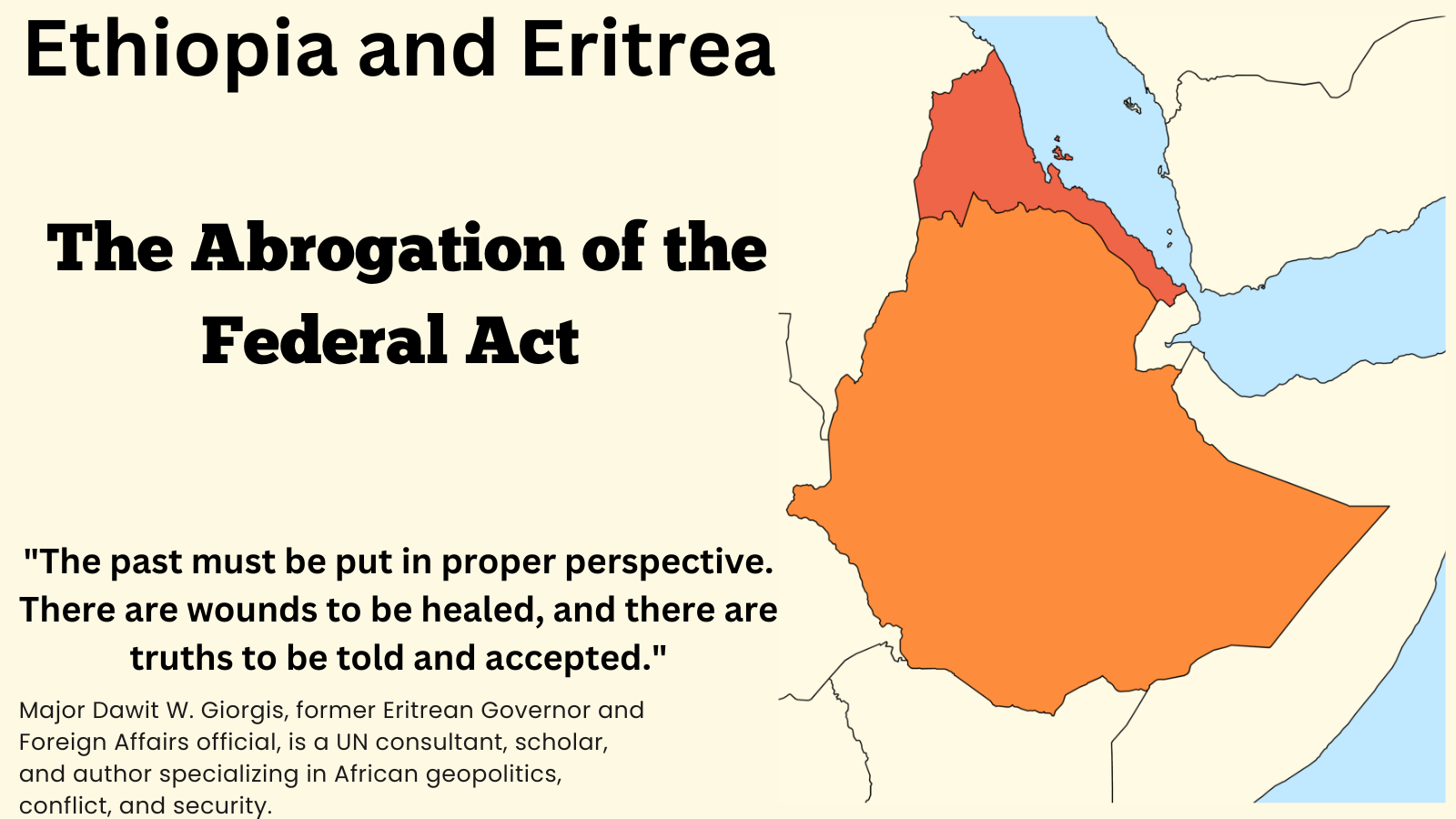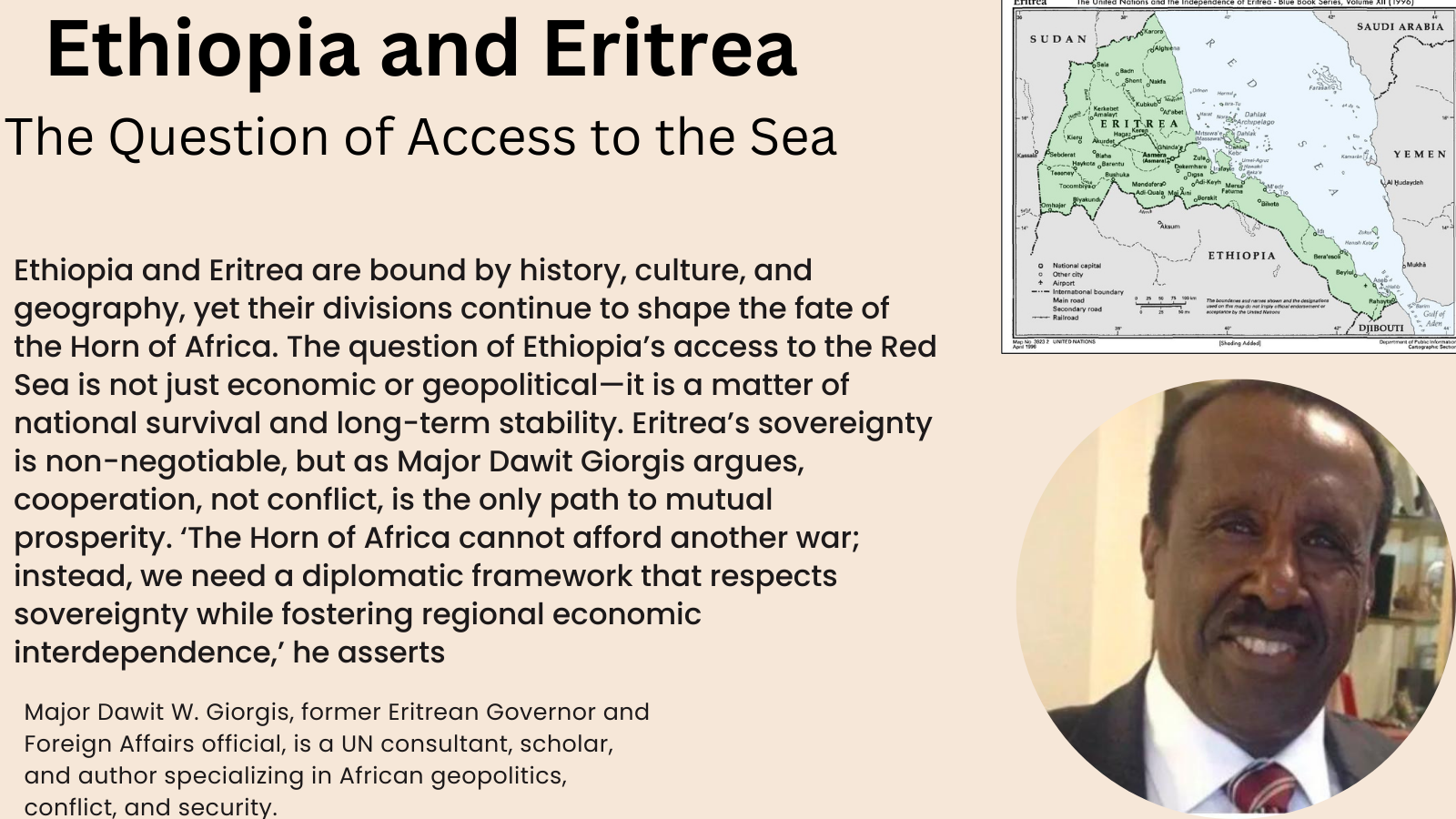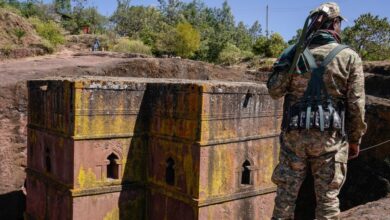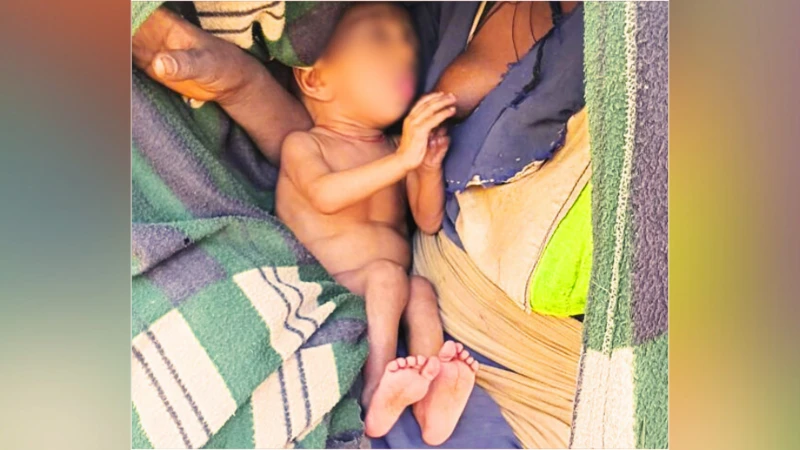
|
Getting your Trinity Audio player ready...
|
A Nation on the Brink
Ethiopia’s humanitarian crisis continues to deepen, driven by the deadly confluence of war, climate-induced disasters, and systemic neglect. Nowhere is this more apparent than in the Amhara region, where famine conditions have escalated into a silent catastrophe. Despite alarming reports from North Wollo’s Bugna district, the crisis has failed to garner widespread attention, leaving millions vulnerable and underrepresented in global and national conversations.
Bugna Woreda in North Wollo Zone, Amhara Region, has become a grim focal point of intersecting crises. With over 10,000 residents, including children under five, facing severe food shortages, the impacts of both conflict and natural disasters have deepened a growing humanitarian emergency. According to Ato Gebremeskel Alemu, head of the Bugna Woreda Health Protection Office, the dual factors of conflict and erratic rainfall have created a dire situation.
“The lack of produce to the public has worsened health outcomes for mothers and children,” said Ato Gebremeskel, emphasizing the cascading effects of food insecurity. The absence of aid from charity organizations has further exacerbated the crisis.
A report from the Amhara Public Health Institute revealed that over 250,000 children are experiencing “emergency food shortages” in drought-affected areas.
The Human Cost
Woizero Yekaba, a resident of Birko Kebele, poignantly described the suffering of her twin children, aged one year and three months. “Up until now, we cared for them with whatever means we had. But since the new year, there has been nothing,” she explained. Her struggle to breastfeed due to malnutrition highlights the vicious cycle of hunger and health deterioration among mothers and children.
Another resident, Ato Dessalew Alebachew, shared similar hardships. His family’s crops were destroyed by snow, leaving his spouse and twin infants severely malnourished. “When the problem worsened, we brought them to a health center,” he recounted, underscoring the collapse of local agricultural production.
Structural Failures
The crisis in Bugna Woreda is not just a product of natural calamities. It is deeply intertwined with the ongoing conflict in the Amhara Region, which has surpassed the one-year mark. The area has been under the control of Fano forces for over a year, with the group accusing the government of obstructing essential supplies like medicine. Health professionals have reported alarming conditions, with pregnant mothers and children bearing the brunt of the shortages.
One health worker remarked, “Mothers who come to our health center are thinner than the children they breastfeed,” illustrating the extreme levels of malnutrition. Ayena Health Center’s head, Ato Mekonnen Ashagrie, lamented the halt in food and charity support since the new budgetary year.
Alarming Statistics
The scale of the crisis is staggering:
- 65% of children in the woreda are affected by food shortages.
- 84% of mothers face severe food insecurity.
- Over 7,000 children and 3,000 pregnant mothers are reportedly malnourished.
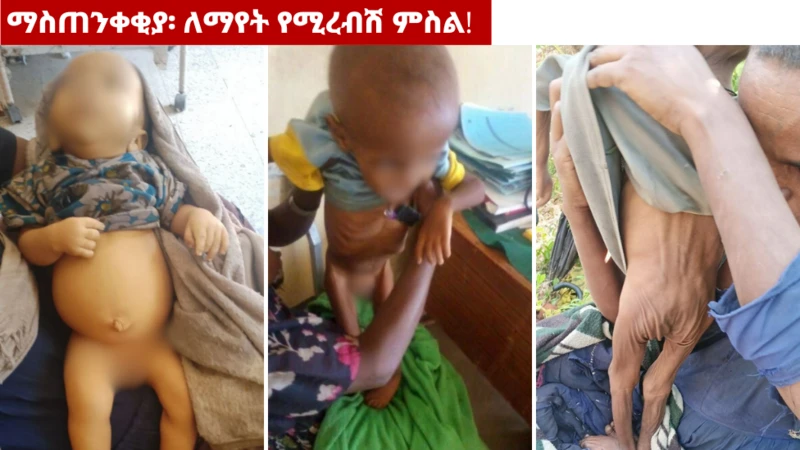
Photographs received by BBC and circulating on social media paint a disturbing picture. In Birko Health Station alone, four children succumbed to food shortages in November 2024.
Challenges in Aid Delivery
Efforts to address the crisis have been hampered by security challenges. Health professionals conducting vaccination campaigns in December 2024 observed severe malnutrition among mothers and children. Ato Gebremeskel Alemu highlighted the urgency: “If charity organizations do not immediately come to the woreda, people will lose their lives.”
While two vehicles carrying nutritional food and medicine arrived in mid-December, the provisions are only expected to last three months. Ato Mekonnen expressed concerns about sustainability, warning that without consistent supplies, the crisis could worsen. “Without medicine, it won’t matter whether there are professionals or not,” he said.
A Hidden Crisis
The silence surrounding this famine is deafening. Despite graphic images and firsthand accounts of malnourished children and desperate families, the issue has struggled to penetrate mainstream media. The UN Office for the Coordination of Humanitarian Affairs (OCHA) has not issued a statement, and Ethiopia’s Disaster Risk Management Commission remains silent.
International Response: Too Little, Too Late
International partners, including the U.S. Embassy in Addis Ababa, have acknowledged the crisis, with efforts underway to mobilize food and nutritional support. However, these interventions have been criticized as insufficient given the scale of the problem. The United Nations has allocated $17 million to address food insecurity across Ethiopia, yet the needs in Amhara alone demand far greater resources.
A Call to Action
The famine in Amhara is a glaring indictment of the Ethiopian government’s failure to protect its citizens and an international community that has turned a blind eye to the crisis. If donor organizations cannot immediately access the region and scale up their response, the situation will only deteriorate further. The stories of malnourished children and grieving parents in Bugna are not isolated tragedies but a microcosm of a broader humanitarian failure.
The famine in Amhara is a glaring indictment of the Ethiopian government’s failure to protect its citizens and an international community that has turned a blind eye to the crisis. If donor organizations cannot immediately access the region and scale up their response, the situation will only deteriorate further.
As 2024 draws to a close, the international community must prioritize Amhara’s famine. Humanitarian aid must be depoliticized, access negotiated with all relevant stakeholders, and resources allocated to prevent further loss of life. Anything less would be an unforgivable abdication of responsibility to the millions suffering in silence.
The famine in Amhara underscores Ethiopia’s precarious balance between natural and man-made disasters. It is a crisis born of negligence, exacerbated by war, and ignored by the powers that could make a difference. Without urgent action, Amhara’s famine risks becoming yet another forgotten chapter in Ethiopia’s turbulent history. The time to act is now.
EAR- Editorial Note
This report incorporates eyewitness accounts and details from a recent BBC Amharic article :https://www.bbc.com/amharic/articles/cwyp07en8d7o

